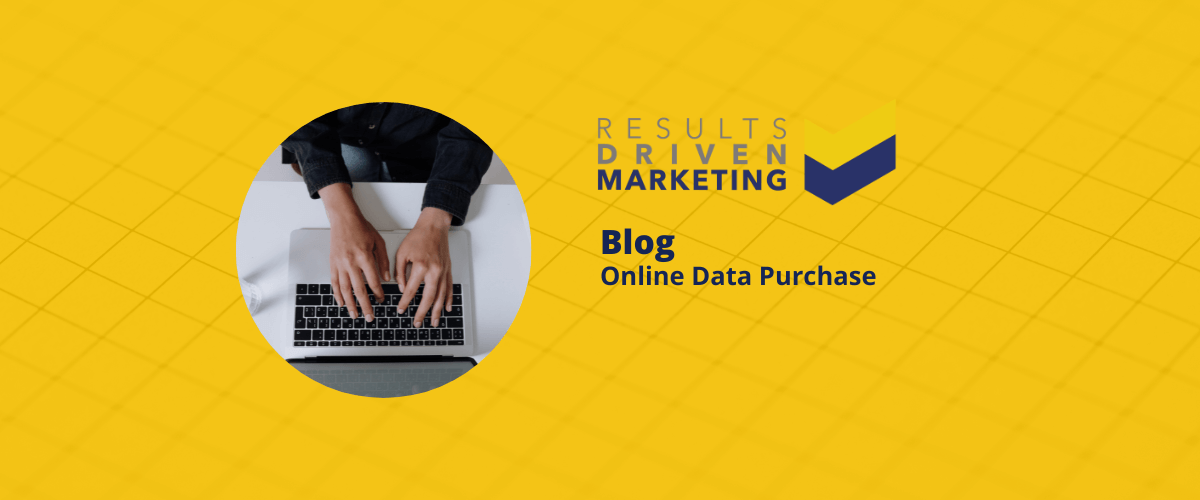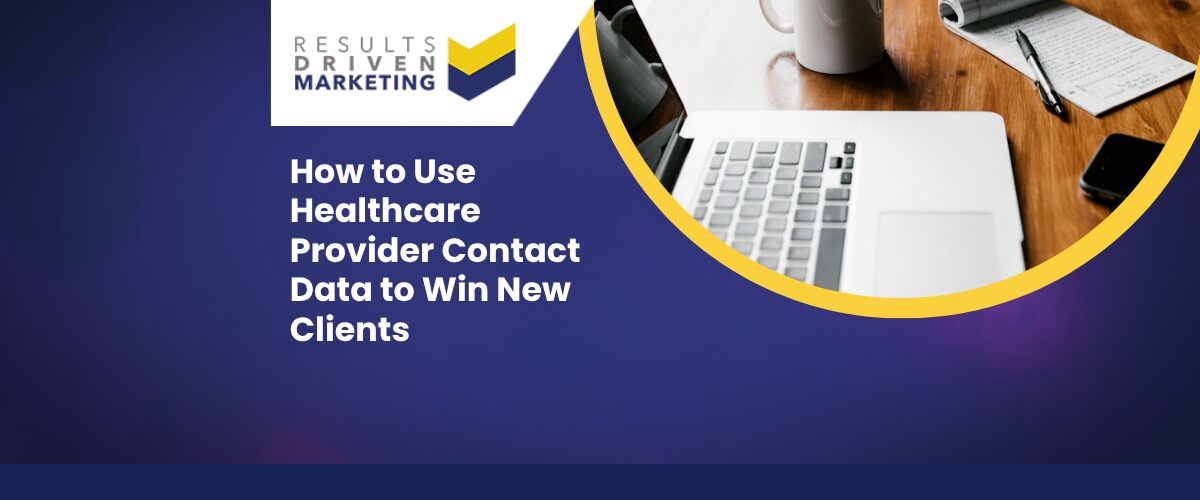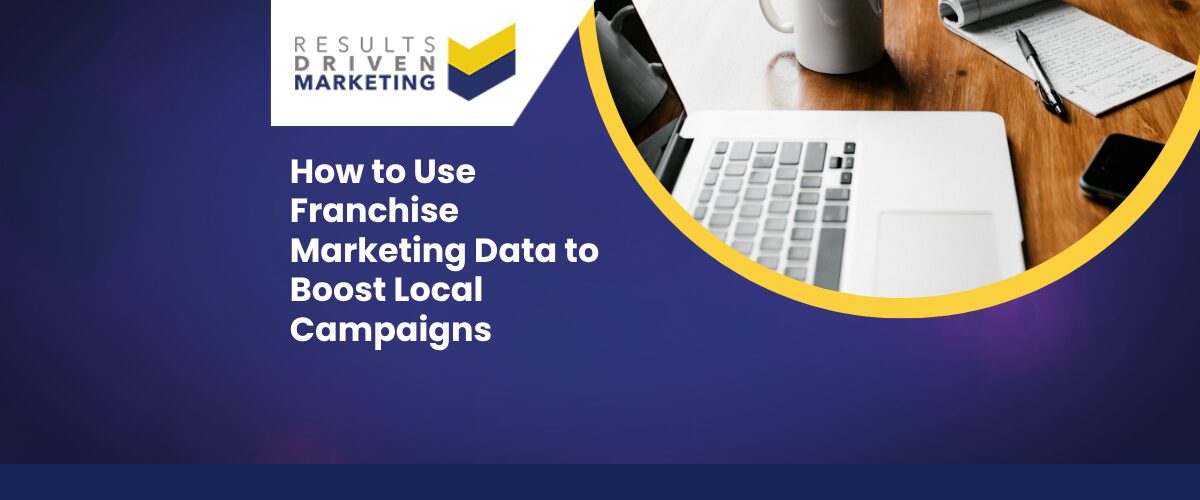
Online Data Purchase
In today’s digital age, the concept of an online data purchase has become more than just a buzzword—it’s a necessity for businesses aiming to thrive. Delving into the world of web data offers a treasure trove of insights, allowing companies to make informed decisions, tailor their marketing strategies, and stay ahead of the competition. But, as with any venture, there are steps to take, considerations to ponder, and pitfalls to avoid.
Table of contents:
What is Online Data Purchase?
Online data purchase refers to the process of buying access to specific datasets or information over the Internet. This practice is common among businesses, researchers, and marketers who require specific data to make informed decisions, develop products, or target advertising.
How to Purchase Data?
Embarking on the journey of online data purchase might seem daunting at first. With a myriad of options available and a plethora of providers vying for your attention, where does one even begin? Fear not, for we’ve got you covered. Let’s break it down step by step.
Importance of Continuous Monitoring and Refreshing Data
Consistency is Key: Just as the digital landscape is ever-evolving, so is the data derived from it. It’s not enough to simply make an online data purchase and then rest on your laurels. Continuous monitoring ensures that your data remains relevant, accurate, and up-to-date.
Stay Ahead of the Curve: By regularly refreshing your data, you’re not just maintaining its quality—you’re also gaining a competitive edge. It allows you to spot trends, adapt to changes, and make proactive decisions.
Enhance Customer Engagement: Updated data translates to more personalised and targeted marketing efforts. This, in turn, leads to better customer engagement and loyalty.
Risks of One-Time Data Purchases
Stale Data, Stale Results: Relying solely on a one-time online data purchase can quickly render your data obsolete. As industries shift and consumer behaviours change, outdated data can lead to misguided strategies.
Missed Opportunities: Without regular updates, you might miss out on emerging markets, new audience segments, or innovative trends. In the fast-paced world of digital marketing, being late to the party often means missed opportunities.
Compromised Brand Reputation: Using outdated data can lead to irrelevant marketing campaigns, which can frustrate your audience and harm your brand’s reputation.
In the realm of online data purchase, it’s clear that continuous engagement and vigilance are paramount. Whether you’re a seasoned pro or a newbie dipping your toes in the data pool, understanding the intricacies of buying and maintaining web data is crucial for success.
Statistics about Purchasing Data
Diving into the world of data, especially when it comes to online data purchases, can be quite the revelation. The numbers, quite frankly, speak for themselves. Let’s delve into some eye-opening statistics that shed light on the significance of data in today’s business landscape.
AI and ML in Data Purchasing and Analysis
Automated Insights: Nearly 70% of businesses are now using AI and ML to automate the process of data analysis, ensuring faster, more accurate insights.
Predictive Power: With the help of AI, 55% of companies have successfully implemented predictive analytics to forecast market trends and customer behaviours.
Enhanced Efficiency: AI-driven data analysis has led to a 40% increase in operational efficiency for businesses across the board.
Where to Buy Data?
Ah, the million-dollar question. In the vast ocean of the internet, where does one find that precious treasure trove of data? Fear not, for we’ve got the answers you seek.
Browsing a Data Marketplace
One-Stop Shop: Think of data marketplaces as the bustling bazaars of the digital world. From consumer insights to industry trends, you’ll find it all under one virtual roof.
Trustworthy Vendors: Reputable data marketplaces vet their vendors, ensuring that you’re only getting the crème de la crème of data.
Ease of Access: With user-friendly interfaces and a plethora of options, navigating a data marketplace is a breeze, even for the uninitiated.
Utilising Web Data Collection Services
Tailored to Your Needs: Web data collection services offer bespoke solutions, gathering data that are specifically relevant to your business needs.
Real-Time Revelations: These services provide real-time data, ensuring that you’re always in the know.
Deep Dives: Dive deep into niche markets and gain insights that generic data sources might miss.
Finding a Data Provider Directly
Personal Touch: Engaging directly with a data provider allows for a more personalised experience. Discuss your needs, ask questions, and ensure you’re getting data that aligns with your business goals.
Quality Assurance: Direct providers often offer guarantees on the quality and accuracy of their data, giving you peace of mind.
Ongoing Support: Many data providers offer continuous support, ensuring that you’re never left in the lurch.
How to Choose the Right Data Solution for Your Business?
Navigating the vast world of online data purchases can feel like venturing into uncharted territory. With a plethora of options at your fingertips, how do you zero in on the perfect solution tailored to your business needs? Well, let’s embark on this journey together, step by step.
Determining Business Goals
Vision and Mission: Before diving headfirst into the world of data, take a moment to reflect on your business’s core vision and mission. What are you hoping to achieve with this online data purchase?
Short-Term vs. Long-Term: Are you looking for quick insights to drive a campaign, or are you aiming for long-term strategies? Pinpointing your goals will guide your data journey.
KPIs and Metrics: Establish clear KPIs and metrics. Knowing what you want to measure will help you identify the kind of data you need.
Researching Competitor Tools and Solutions
Stay Informed: In the dynamic world of business, staying updated on what your competitors are up to can give you a competitive edge. What data tools and solutions are they leveraging?
Learn from the Best: Identify industry leaders and delve into their data strategies. There’s no harm in learning from the best in the business.
Gap Analysis: Conduct a gap analysis to identify what your competitors are doing that you aren’t. This can guide your online data purchase decisions.
Identifying the End-User
Know Your Audience: At the heart of every successful business strategy lies a deep understanding of the end-user. Who will benefit from this data?
Tailored Solutions: Once you’ve identified your audience, you can tailor your data solutions to cater to their specific needs.
Feedback Loop: Establish a feedback loop with your end-users. Their insights can guide your future online data purchase decisions.
Considering Costs and Deliverability
Budgeting Basics: Set a clear budget for your online data purchase. Remember, the most expensive option isn’t always the best.
Quality over Quantity: It’s better to invest in high-quality data that’s relevant to your needs rather than going for bulk purchases that might not be as useful.
Delivery Dynamics: Consider how the data will be delivered. Is it in a format that’s easy to integrate into your existing systems?
Advantages and Disadvantages of Data-Purchasing
The world of online data purchase, like any other, comes with its fair share of pros and cons. Let’s weigh them out, shall we?
What are the advantages of online data purchases?
Informed Decisions: With the right data in hand, businesses can make decisions that are backed by concrete insights.
Targeted Marketing: Online data purchase allows for hyper-targeted marketing campaigns, ensuring that you reach the right audience at the right time.
Stay Ahead of the Curve: In the ever-evolving business landscape, data ensures that you’re always one step ahead of your competitors.
What are the disadvantages of online data purchases?
Data Overload: With a plethora of data available, businesses can sometimes suffer from analysis paralysis, not knowing which data points to focus on.
Quality Concerns: Not all data is created equal. There’s always the risk of purchasing data that’s outdated or irrelevant.
Privacy Pitfalls: With increasing concerns about data privacy, businesses need to be extra cautious about where they source their data from and how they use it.
What is High-Quality Data?
In the intricate tapestry of the digital realm, one thread stands out, shimmering with importance: high-quality data. But, what does this term, often tossed around in boardrooms and strategy sessions, truly signify? And, more importantly, why has it become the cornerstone of modern business strategies? Let’s embark on this enlightening journey, shall we?
Importance of Clean, Fresh, and Accurate Data
The Purity Principle: Imagine sipping a cup of freshly brewed coffee, only to find a grain of sand in it. That’s what unclean data feels like in the world of online data purchases. It’s essential to ensure that the data is devoid of errors, redundancies, and inconsistencies.
The Freshness Factor: Data, much like the morning newspaper, is most valuable when it’s fresh. Stale data can lead to outdated strategies, missing the mark in a rapidly evolving market.
The Truth Test: Accuracy is the bedrock of reliable data. It’s the compass that guides businesses, ensuring they’re headed in the right direction.
Evaluating Data Samples from Providers
Sampling the Spread: Before committing to a full-fledged online data purchase, it’s prudent to request samples. It’s akin to tasting a dish before ordering it in full, ensuring you get what you truly desire.
Consistency Counts: Scrutinise the data samples for consistency. It’s essential to ensure that the data remains uniform across different periods and sources.
Peers and Precedents: Engage with fellow businesses that have treaded the path of data purchase from the same providers. Their experiences can offer invaluable nuggets of wisdom.
How Do Companies Use Purchased Data?
The realm of online data purchase is as vast as it is varied. From fledgling startups to global conglomerates, the applications of purchased data span a wide spectrum, driving growth, innovation, and success.
Benefits for Investors, HR Tech, and Lead Generation Companies
Investor Insights: For astute investors, data is the lens through which they view the world, offering clarity on market trends, company trajectories, and potential goldmines of opportunity.
HR Tech Triumphs: In the world of HR tech, data is the magic wand that transforms recruitment processes, optimises employee engagement, and forecasts workforce dynamics.
Lead Generation Leverage: For companies in the lead generation arena, data is the roadmap. It guides them to potential customers, illuminates market niches, and ensures that every marketing effort hits the bullseye.
Types of Data You Can Purchase
In the vast, sprawling marketplace of online data purchase, the sheer variety of data types available can be both exhilarating and, let’s admit it, a tad overwhelming. But fret not, for we’re here to guide you through this maze, shedding light on each type and its unique offerings.
Firmographic Data
Business Biographies: Dive deep into the stories of companies, understanding their structures, histories, and market standings.
Industry Intel: Get a pulse on industry-specific trends, challenges, and opportunities, ensuring you’re always in the know.
Employee Data
Talent Tapestry: Unravel insights into employee demographics, skill sets, and career paths, painting a comprehensive picture of the workforce.
Engagement Essentials: Delve into metrics that gauge employee engagement, satisfaction, and retention, ensuring your HR strategies are on point.
Job Posting Data
Recruitment Rundown: Stay updated on the latest in the job market, from trending roles to salary benchmarks.
Skill Spectrum: Identify the skills that are in demand, ensuring your training and development initiatives are aligned with market needs.
Sentiment Data
Emotional Echoes: Gauge the pulse of the market, understanding customer sentiments, brand perceptions, and overall market mood.
Feedback Fundamentals: Dive into customer reviews, feedback, and areas that need a touch of improvement.
Community Data
Engagement Ecosystem: Explore online communities, forums, and discussion platforms, understanding user engagement levels and trending topics.
Trend Trails: Track emerging trends, popular discussions, and overall community sentiments, ensuring your strategies resonate with the audience.
Funding Data
Investment Insights: Dive into the financial journeys of companies, from seed funding rounds to blockbuster IPOs.
Startup Stories: Track the growth trajectories of startups, understanding their challenges, successes, and market valuations.
Technographic Data
Tech Terrain: Navigate the tech landscape of companies, understanding their software preferences, tool integrations, and platform choices.
Innovation Indicators: Stay abreast of the latest tech innovations, adoptions, and market disruptors.
How to Identify Your Data Needs?
In the world of online data purchase, one size certainly doesn’t fit all. Identifying what you truly need is half the battle won. So, how do you zero in on your data needs? Let’s embark on this enlightening journey.
Establishing Use Cases for Data
Purposeful Purchase: Before diving into an online data purchase, define clear use cases. Are you looking to enhance your marketing strategies, refine HR processes, or gain competitive intelligence?
Goal Guidance: Align your data needs with your business goals. This ensures that every piece of data you purchase adds tangible value to your business.
Narrowing Down Data Search
Quality over Quantity: Instead of getting lost in the vast ocean of data, focus on quality. Identify specific data types that align with your use cases.
Provider Prowess: Engage with data providers who specialise in the data types you’re interested in. Their expertise can guide your online data purchase decisions, ensuring you get the best bang for your buck.
Buying Data from a Reliable Data Provider – How to Choose One?
In the bustling bazaar of online data purchase, finding a reliable data provider can feel like searching for a needle in a haystack. But, with the right approach and a sprinkle of diligence, you can find a provider that aligns perfectly with your needs. Let’s embark on this quest together, shall we?
Evaluating Data Quality, Delivery, and Freshness
The Quality Quotient: Quality is the cornerstone of any online data purchase. Dive deep into sample datasets, ensuring they’re free from inconsistencies and errors.
Delivery Dynamics: How is the data delivered? Is it in a format that seamlessly integrates with your systems? These are crucial questions to ponder upon.
The Freshness Factor: In the ever-evolving digital landscape, data freshness is paramount. Ensure that the data is updated regularly, reflecting the latest market trends and insights.
Overcoming Web Data Challenges
Navigating the Noise: The web is a cacophony of data. Filtering out the noise and focusing on relevant data is crucial.
Legal Labyrinths: Stay updated on data privacy laws and regulations, ensuring your online data purchase is compliant and ethical.
Integration Intricacies: Ensure that the data can be easily integrated into your existing systems, avoiding any technical hiccups.
Top Big Data Sellers
The world of online data purchase is dotted with numerous players, each bringing their unique offerings to the table. But who are the market leaders that stand out from the crowd?
Market Leaders and Their Offerings
The Big Guns: Dive into the profiles of top data sellers, understanding their market positioning, strengths, and unique selling propositions.
Tailored Offerings: Explore the diverse datasets offered by these market leaders, ensuring they align with your specific business needs.
Customer Chronicles: Engage with customer reviews and testimonials, getting a pulse on the experiences of fellow businesses.
Data Formats
The realm of online data purchase offers a smorgasbord of data formats, each with its unique characteristics and applications.
Structured vs. Unstructured Data
Structured Sensibilities: Structured data is organised and easily searchable, making it perfect for databases and spreadsheets.
Unstructured Universe: Unstructured data, on the other hand, is more free-form, encompassing everything from social media posts to videos.
Semi-Structured Data and Its Uses
Blending the Best: Semi-structured data strikes a balance between structured and unstructured data, offering flexibility and organisation.
Diverse Domains: From XML files to JSON, semi-structured data finds its uses in a plethora of applications, making it a popular choice in the world of online data purchases.
Data-purchasing Best Practices
Ah, the art of online data purchase. It’s not just about clicking a few buttons and getting a dataset. It’s a nuanced process, one that requires a blend of strategy, foresight, and a dash of diligence. Let’s unravel the best practices that can guide you in this journey.
Defining Business Goals and Data Needs
Purposeful Purchase: Before you even dip your toes into the vast ocean of online data purchase, clarity is key. What are your business goals? And how can data help you achieve them?
Data Desires: Once you’ve got a clear picture of your goals, zero in on the specific types of data that can help you achieve them. It’s all about aligning your needs with what’s available.
Setting a Budget and Researching Providers
Budgetary Boundaries: Just as you wouldn’t shop without a budget, setting a clear financial boundary for your online data purchase is crucial.
Provider Prowess: Dive deep into the world of data providers. Who are the market leaders? What do customer reviews say? A bit of research can go a long way in ensuring you get the best bang for your buck.
Maintaining Communication with Data Providers
Open Channels: Communication is the bridge between expectation and delivery. Maintain open channels with your data providers, ensuring you’re always on the same page.
Feedback Flow: Don’t shy away from providing feedback. It helps providers tailor their offerings to better suit your needs.
Is an Online Data Purchase a Good Idea?
In the digital age, where data drives decisions, the question isn’t whether an online data purchase is a good idea, but rather, how can it not be? With the right approach, it can be the catalyst that propels your business to new heights.
What are the Key Considerations to Take into Account Before Purchasing Online Data?
Embarking on the journey of online data purchase? Here are some key considerations to keep in mind: quality, relevance, freshness, and compliance. Each plays a pivotal role in ensuring your data purchase adds tangible value to your business.
What are the Alternatives to Online Data Purchases?
While online data purchase is a popular choice, it’s not the only one. Alternatives include in-house data collection, partnerships, and public datasets. Each has its pros and cons, and the best choice depends on your specific needs and resources.
FAQ
Ah, the frequently asked questions. Let’s address some of the burning queries that businesses often grapple with in the realm of online data purchases.
What are the Most Popular Business Online Data Purchase?
- Industry Reports: A treasure trove of insights, industry reports offer a deep dive into market trends and forecasts.
- Public Datasets: From government databases to open-source platforms, public datasets offer a wealth of information.
- Subscription Services: Platforms that offer curated data sets, tailored to specific industries and needs.
Why Do Companies Buy Business online Data Purchase?
In the competitive business landscape, knowledge is power. Companies buy business data to gain insights, drive strategies, and stay ahead of the curve.
Where to Buy Business Data?
From specialised data providers to online marketplaces, there are numerous avenues for online data purchase. The key is to find a provider that aligns with your needs and budget.
Who are we?
Providing b2b database solutions is our passion.
Offering a consultancy service prior to purchase, our advisors always aim to supply a database that meets your specific marketing needs, exactly.
We also supply email marketing solutions with our email marketing platform.
We have the best data of email lists for your networking solutions as well as direct mailing lists & telemarketing lists
A good quality b2b database is the heartbeat of any direct marketing campaign…
It makes sense to ensure you have access to the best!
Call us today on 0191 406 6399 to discuss your specific needs.
Results Driven Marketing
0191 406 6399







